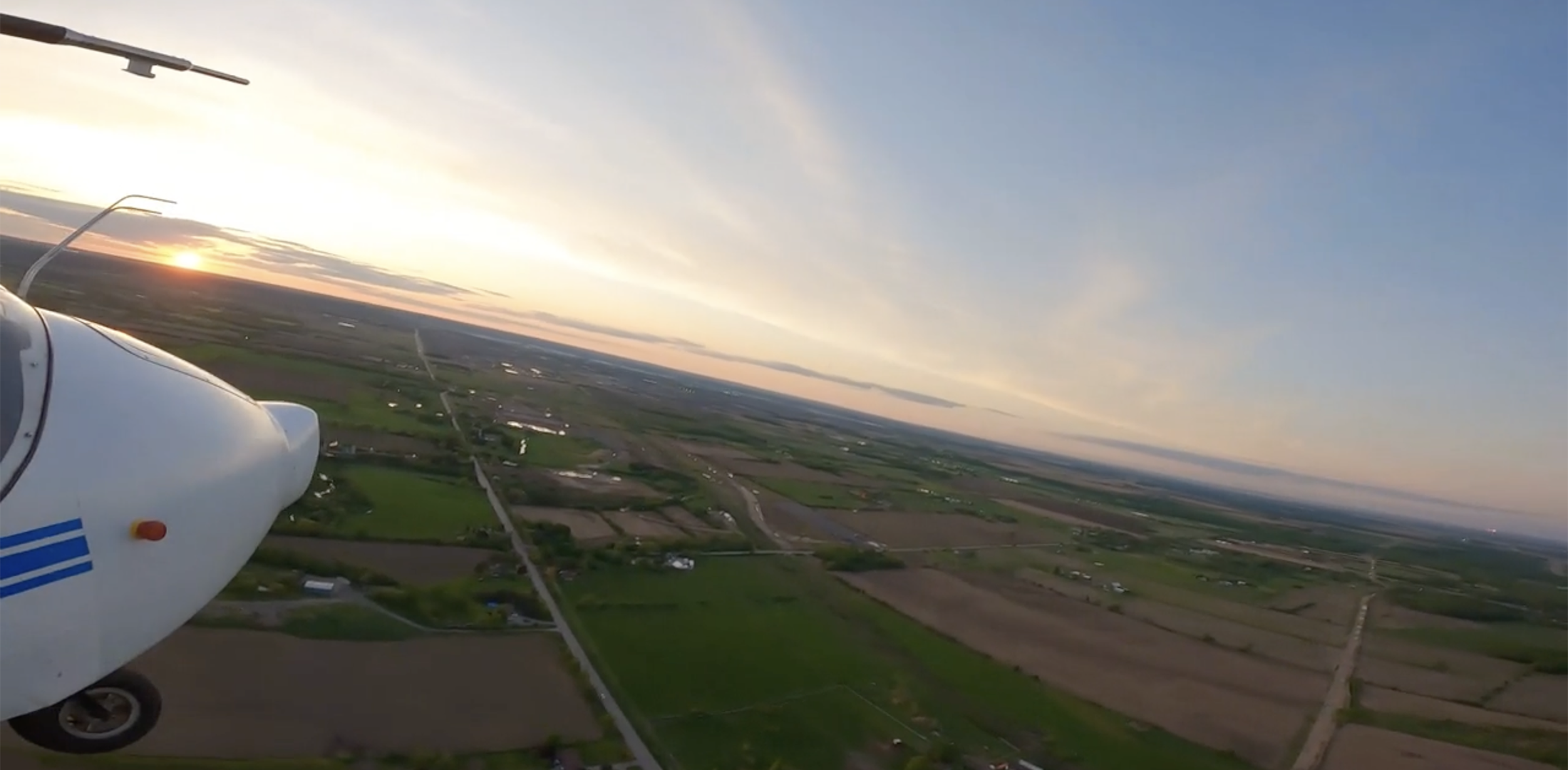Ribbit, a Toronto-based tech start-up developing autonomous flight control software for cargo airplanes, has won a $1.3 million contract from the Canadian government to conduct flight trials over northern Canada.
Transport Canada, the nation’s transportation safety regulator, awarded Ribbit the contract via the Innovative Solutions Canada program, a government initiative that provides grants and procurement contracts to small businesses to facilitate the development and commercialization of new technologies.
As part of the contract, Ribbit will spend a year flying its experimental aircraft on cargo routes across northern Canada to transport food and other time-sensitive cargo to rural and remote communities. Transport Canada will use the data and lessons learned from these flight trials to inform future aviation safety regulations, standards, and policies, according to Ribbit.
While Ribbit is currently focused on developing and testing its flight control software, it is also preparing to launch and operate a cargo airline that would use fully autonomous, remotely piloted airplanes to transport freight in Canada. The company also intends to lease its autonomous cargo freighters to other airlines operating outside of Canada, Ribbit co-founder and chief operating officer Jeremy Wang told FutureFlight.
Ribbit has already logged more than 200 flight hours, including hands-free gate-to-gate operations, using a two-seat Quad City Challenger 2 ultralight aircraft equipped with a prototype of its autonomy kit. The company received a special flight operations certificate from the Canadian regulator in 2022, which allowed it to begin flight testing on an experimental basis.
The flight control system is intended to be somewhat vehicle-agnostic, Wang said, noting that it will be limited to conventional fixed-wing airplanes. For its own cargo airline operations, Ribbit plans to retrofit small utility airplanes such as the Cessna 206. “For economic reasons, the sweet spot would be in the six- to 19-seater range,” Wang said.
Other autonomous flight start-ups like Xwing, Reliable Robotics, and Merlin are developing similar autonomy kits for legacy airplanes like the Cessna Grand Caravan. However, while those companies are developing entire flight control systems with special new hardware, Ribbit is only creating software. The company will rely on partners to supply all the necessary hardware, like sensors and actuators, much of which consists of off-the-shelf components, Wang said.
Wang explained that Ribbit is currently conducting “optionally piloted” flight tests, typically with a safety pilot on board. “Through this new contract that we've been awarded by Transport Canada, the goal is actually to start testing truly, fully autonomous flights outside of the existing operating envelope we've been in so far,” he said. The company will provide Transport Canada with a single experimental aircraft, as well as remote-piloting and maintenance crew, to support the yearlong operation.
“The goal is as much to demonstrate and evaluate the technology we've built so far along future commercial routes that we would operate for private customers as it is about collecting data to help provide evidence-based policy,” Wang said.
All flights conducted using Ribbit’s autonomous aircraft, both for experimental purposes and future airline operations, will be monitored by pilots at ground control stations. Those remote pilots will also be in charge of communicating with air traffic controllers. For now, those communications rely on line-of-sight radio mesh networks and low-data-rate satellite links.
“The communications solutions that are available in the market are changing quite quickly,” Wang said. “So, to the extent that we can, we are keeping an eye on things like Starlink and seeing where [Ribbit] might fit in.”
Although Ribbit’s initial cargo operations will mostly carry food, the company envisions a wide array of applications for its autonomous airplanes beyond cargo, such as maritime patrol and asset monitoring. For now, Ribbit’s primary focus will be to deliver perishable food items to places that have infrequent or unreliable air transportation services.
“Perishable foods in particular represent roughly 80 percent of all the cargo by weight that gets sent up north [in Canada],” Wang said. “There's nothing stopping us from also shipping time-sensitive medical supplies or construction materials, depending on what's needed, but we think food is the right thing to start with because it is the most sizable, it is needed year-round, and it is such a basic necessity for many of these communities.”
It’s difficult to predict when Ribbit’s cargo airline might be able to begin commercial operations, Wang said. “I think there's certainly a lot of speculation about how quickly the technology and the regulations will move. But what I can say is that going commercial, be it with a safety pilot on board or remotely piloted, we're expected to do within the next year.” The company has already secured letters of intent with multiple customers, although it has yet to reveal the identities of any of those customers.
